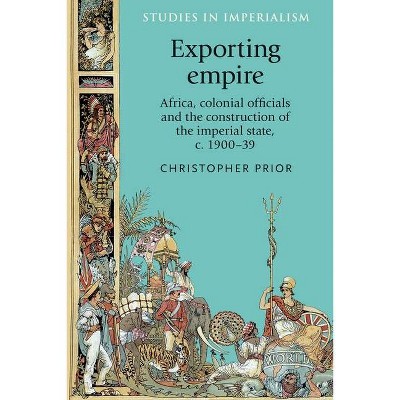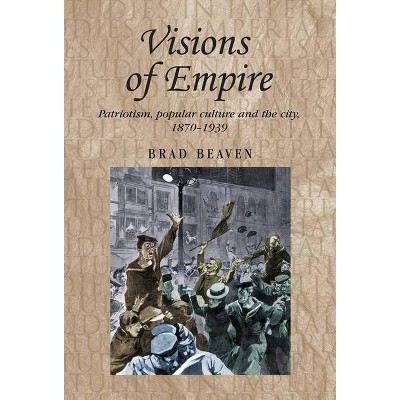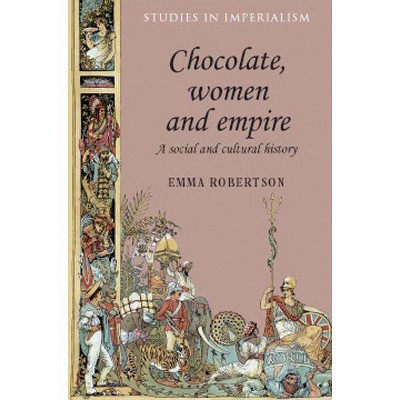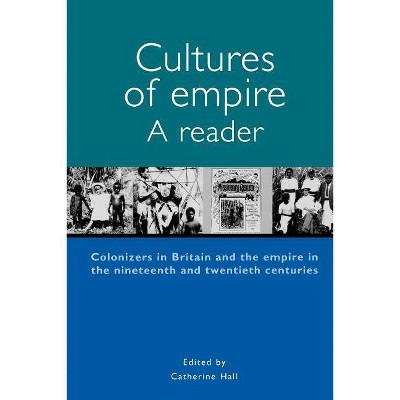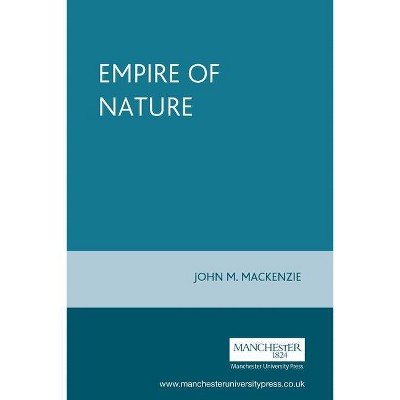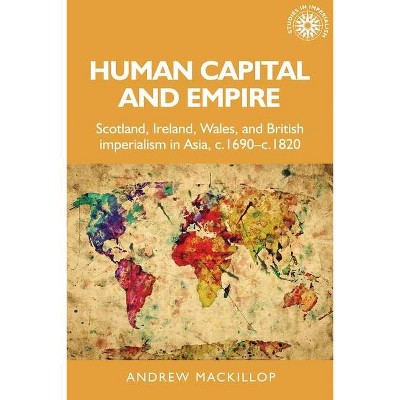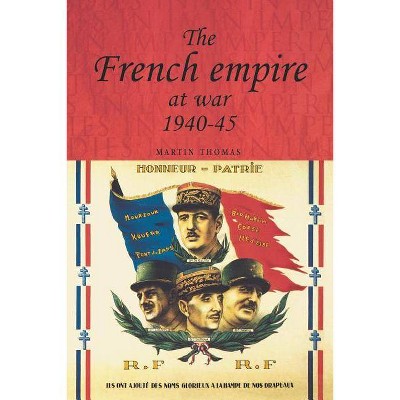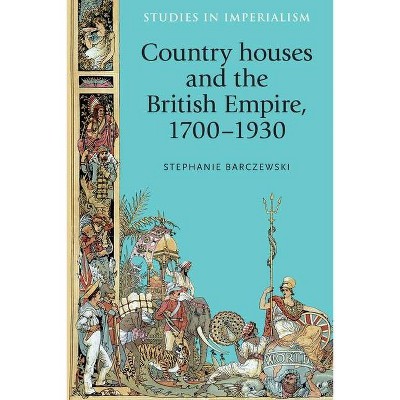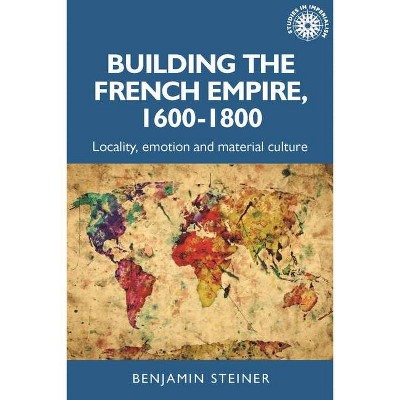Empire of Scholars - (Studies in Imperialism) by Tamson Pietsch (Paperback)
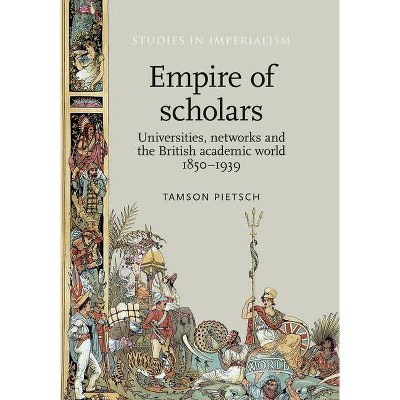
Similar Products
Products of same category from the store
AllProduct info
<p/><br></br><p><b> About the Book </b></p></br></br>Examines the networks that linked academics across the British settler world in the age of 'Victorian' globalization. Drawing on extensive archival research, remaps the intellectual geographies of Britain and its empire in the late nineteenth and early twentieth centuries.<p/><br></br><p><b> Book Synopsis </b></p></br></br>At the start of the twenty-first century we are acutely conscious that universities operate within an entangled world of international scholarly connection. Empire of scholars examines the networks that linked academics in Britain and the settler world in the age of 'Victorian' globalisation. Stretching across the globe these networks helped map an expansive but exclusionary 'British academic world' that extended beyond the borders of the British Isles. <p/>The universities established in Britain's settler colonies in the middle part of the nineteenth century were initially local affairs, founded by self-confident settler elites who saw them as symbols of colonial maturity. But in the 1880s these institutions began to look for new ways to connect with scholarship in Britain, instituting travelling scholarship schemes, leave of absence programmes and appointments practices that enabled academics to forge personal and informal ties that straddled the distances of empire. These networks were crucial to ways settler universities operated and central to the making of knowledge in them, but they were also highly raced and gendered. If the boundaries of the British academic world were expansive, its contours were shifting and uneven. <p/>Drawing on extensive archival research conducted in the United Kingdom, Canada, Australia, New Zealand and South Africa, this book remaps the intellectual geographies of Britain and its empire in the late nineteenth and early twentieth centuries. In doing so, it provides a new context for writing the history of ideas and offers a critical analysis of the connections that helped fashion the global world of universities today.<p/><br></br><p><b> From the Back Cover </b></p></br></br>At the start of the twenty-first century we are acutely conscious that universities operate within an entangled world of international scholarly connection. Empire of scholars examines the networks that linked academics in Britain and the settler world in the age of 'Victorian' globalisation. Stretching across the globe these networks helped map an expansive but exclusionary 'British academic world' that extended beyond the borders of the British Isles. The universities established in Britain's settler colonies in the middle part of the nineteenth century were initially local affairs, founded by self-confident settler elites who saw them as symbols of colonial maturity. But in the 1880s these institutions began to look for new ways to connect with scholarship in Britain, instituting travelling scholarship schemes, leave of absence programmes and appointments practices that enabled academics to forge personal and informal ties that straddled the distances of empire. These networks were crucial to ways settler universities operated and central to the making of knowledge in them, but they were also highly raced and gendered. If the boundaries of the British academic world were expansive, its contours were shifting and uneven. Drawing on extensive archival research conducted in the United Kingdom, Canada, Australia, New Zealand and South Africa, this book remaps the intellectual geographies of Britain and its empire in the late nineteenth and early twentieth centuries. In doing so, it provides a new context for writing the history of ideas and offers a critical analysis of the connections that helped fashion the global world of universities today.<p/><br></br><p><b> Review Quotes </b></p></br></br><br>'Along with this exclusion of Americans, Pietsch also recognises racial and gendered exclusions, responding directly to the criticisms outlined above that have been levelled at the British World framework. She explicitly acknowledges that this British academic world privileged "raced and gendered forms of trust and sociability, [and that] the social and institutional practices that connected settler scholars to those in Britain simultaneously sidelined the empire's various 'others.'"', Jared van Duinen, Charles Sturt University 'Pietsch's readable study is a nuanced account of "the social and institutional practices of British and settler English-speaking universities" (p. 8) and explores libraries, scholarships, academic trafficking and appointment practices, and the formalization of imperial university relationships. The book, which is based on the records of the Association of Commonwealth Universities and its precursors, as well as a dozen or more university archives, includes a valuable calendar of dates of foundations of pre-World War II British and Empire universities. It is essential reading for historians of higher education.' <b>William H. Brock</b>, <b>Isis--</b><b>Volume 107, Number 4, December 2016</b><br><p/><br></br><p><b> About the Author </b></p></br></br><br>Tamson Pietsch is Lecturer in Imperial and Colonial History at Brunel University London<br>
Price History
Price Archive shows prices from various stores, lets you see history and find the cheapest. There is no actual sale on the website. For all support, inquiry and suggestion messages communication@pricearchive.us
